Overview
Apparently, there are different philosophies about whether or not fluoride is good for the teeth. Fluoride is unarguably one of the most deliberated topics in the school of dentistry, and the debate of whether or not it’s good for the teeth is still ongoing. Whilst some schools of thought believe that fluoride poses a threat to one’s oral health, others think in the opposite direction.
Here’s the thing: fluoride doesn’t really pose a threat to your oral health when used appropriately; it provides benefits to one’s oral health and also helps in preventing tooth decay. The only way it poses a threat is when it is used inappropriately/incorrectly. Before we dive deeper, what really is fluoride?
What Is Fluoride?
fluoride, as it is known, is a natural mineral that is found in soil, foods, and water. The great thing about fluoride is that it is both prevalent and plenteous in nature. One of the categories of fluoride is synthetic fluoride. Synthetic fluoride is produced to be used specifically in drinking water and other dental hygiene products such as mouthwashes and toothpaste.
Products Containing Fluoride
There are a handful of products that contain fluoride. Some of these products are dental products such as mouthwashes, dental floss, toothpaste, gels, cement and fillings, and varnishes, amongst others. It is important to note that many products are bastioned with fluoride because of their capability to prevent cavities. The good thing about fluoride is the fact that it saves time and funds as a result of the overly high cost of trying to restore damaged teeth caused by cavities.
Another interesting thing about fluoride is its presence in water, this is called water fluoridation. Water fluoridation is used to help in curbing dental issues/problems.
How Fluoride Works
Fluoride impeccably works in preventing tooth decay/cavities in the following ways:
- It reduces and prevents the ability of bacteria in plaque to produce acid. As we know, bacteria in the mouth form plaque, which can lead to a lot of dental issues. So, with the presence of fluoride, bacteria have little chance of surviving.
- It changes the way enamel develops in children, especially, children under the age of 7. This is a good thing because it makes the enamel insusceptible to acid attack.
- It creates an environment that is safe for enamel formation without the fear of acid attack that could pose a threat on one’s oral health.
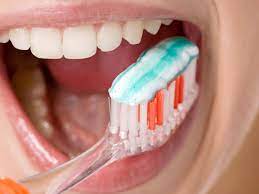
Risks Associated with The Use of Fluoride
The question often asked is if there’re risks associated with fluoride. To be candid, fluoride, like any other substance has its side effects if used inappropriately. Although it has been medically proven that fluoride is of high benefit in reducing cavities, it should not be misused/abused.
One of the side effects of fluoride is temporary white spots on teeth with overly high fluoride exposure. Although it does no harm to the teeth, it is often considered a cosmetic concern. The good news is that these white spots often vanish over time.
We really don’t have to get bothered about excessively consuming fluoride because of the regulations in the fluoridation of water and the super-safe amount used, especially in dental hygiene products. That being said, a little amount of fluoride does little or no harm to one’s health. People should learn to use a moderate amount of fluoride, that way, there will be no concerns.
The question now is this: is fluoride good or bad? From all indications, it can be gathered that the benefits of fluoride outweigh the risks, so, it is good for one’s overall oral health.

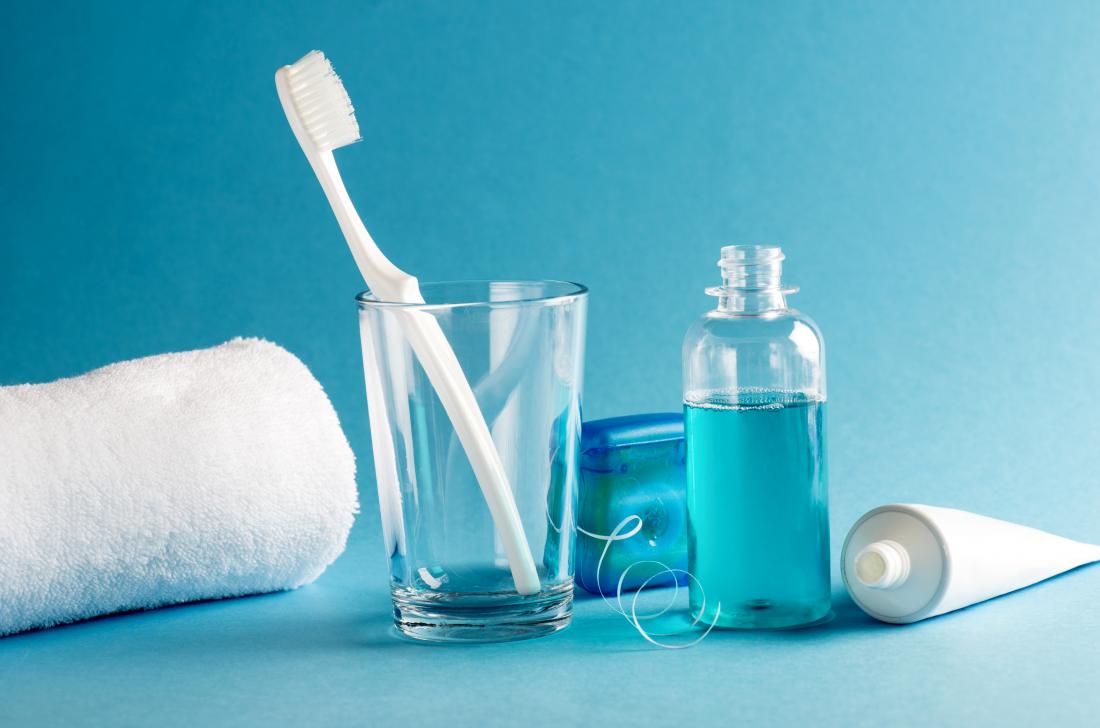
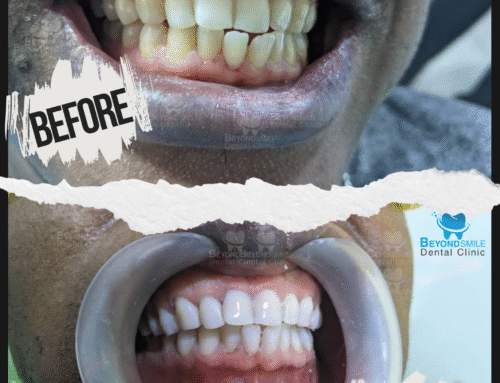

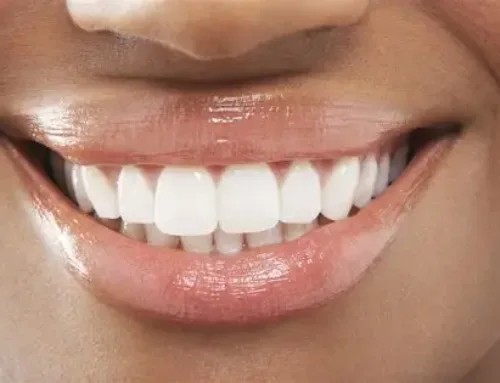
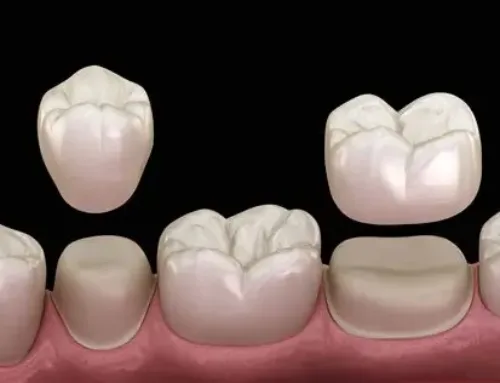
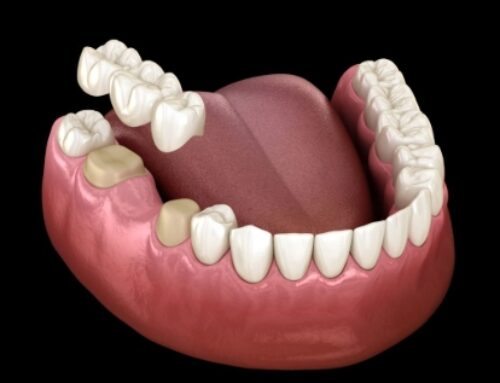
Leave A Comment